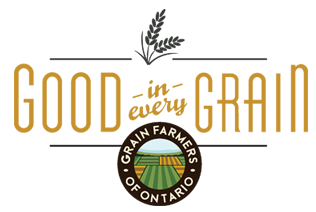What are Ontario grain farmers doing to protect pollinators?
In 2015, new regulations restricting the sale and use of neonicotinoids, a specific type of pesticide widely used by farmers around the world, were passed by the Ontario government. Anti-neonicotinoid (or “neonic”) activists cited unproven claims that the pesticides were contributing to the decline of bees in the province. It is unlikely that bee numbers are even in decline (Statistics Canada reports that honeybee numbers in Ontario are up by almost 60 per cent since 2003), and to date there is no data to support the assertion that there is a correlation between bee mortality and neonics.
In Ontario, there are numerous risks to bee health, including varroa mites, lack of forage and nutrition, exposure to spray pesticides, climate, and diseases.
Farmers care a great deal about bees and recognize the importance of bees to the overall viability of farming and the food chain. That’s why grain farmers have been actively working to enhance bee protection, by collaborating with stakeholders like beekeepers and value-chain partners, to ensure a sustainable future for both bees and crops. Farmers are stewards of the environment, taking care of the ecosystem the best they can, in order to grow healthy, productive crops to feed and fuel the province.
Farmers are doing many things to help bees. In 2014, a new fluency agent was introduced for use in planting equipment. Over 90% of farmers used the new agent, which helps to keep the pesticide coating on the seeds – preventing the risk of dust that bees could be exposed to. In addition, many farmers added dust deflector systems to their planters to further ensure no dust enters the air. The grain industry has also taken action by improving seed bag labels and collecting empty treated seed bags for safe disposal.
